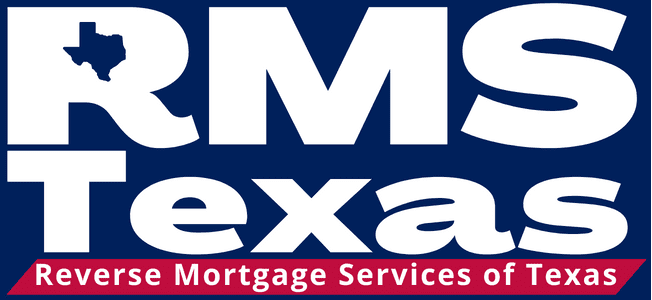The Complete Guide to Reverse Mortgages in Texas: What Every Homeowner Should Know in 2025
Robb Hamilton, Texas Reverse
Mortgage Specialist
Texas homeowners aged 62 and older are increasingly discovering that their most valuable asset—their home—can be the key to a more comfortable and financially secure retirement. With home values across the Lone Star State continuing to appreciate, particularly in major metropolitan areas like Dallas, Houston, and Austin, many seniors are sitting on substantial equity that could transform their retirement years.
A
reverse mortgage allows Texas homeowners to convert a portion of their home equity into cash without selling their home or taking on monthly mortgage payments. However, navigating the reverse mortgage landscape in Texas requires understanding both federal regulations and state-specific considerations that can impact your decision.
Texas-Specific Reverse Mortgage Considerations
While reverse mortgages operate under federal guidelines, Texas homeowners should be aware of several state-specific factors that can influence their experience:
Property Tax Implications: Texas has no state income tax, but property taxes can be substantial. One of the most significant benefits of a reverse mortgage for Texas homeowners is the ability to use proceeds to cover ongoing property tax obligations, ensuring they can remain in their homes without the stress of rising tax bills.
Homestead Exemptions: Texas offers generous homestead exemptions that protect your primary residence from most creditors. This protection remains in place with a reverse mortgage, providing an additional layer of security for borrowers and their families.
Climate Considerations: Texas weather can be harsh on homes, from Gulf Coast hurricanes to North Texas storms. Reverse mortgage proceeds can be strategically used for home maintenance and improvements, helping homeowners maintain their property's value while ensuring it meets the ongoing maintenance requirements of the loan.
The Texas Reverse Mortgage Process
Initial Consultation: During your first meeting, you'll discuss your financial goals, current situation, and whether a reverse mortgage aligns with your retirement plans. This consultation should include a thorough review of your property's estimated value and your potential borrowing capacity.
HUD Counseling: Federal law requires all reverse mortgage applicants to complete counseling with a HUD-approved counselor. This independent session ensures you understand the loan terms, alternatives, and implications for your specific situation.
Application and Documentation: Your specialist will guide you through the application process, helping you gather necessary documentation including property information, identification, and financial records.
Property Appraisal: A licensed appraiser will evaluate your home to determine its current market value. In Texas's dynamic real estate market, this appraisal often reveals equity levels that exceed homeowners' expectations.
Underwriting and Approval: The lender reviews your application, appraisal, and financial assessment to ensure you meet all eligibility requirements and can maintain the property's taxes, insurance, and upkeep.
Closing: Once approved, you'll sign the final loan documents and choose how you want to receive your funds—as a lump sum, line of credit, monthly payments, or a combination of these options.
Making the Right Decision for Your Texas Retirement
A reverse mortgage isn't right for every Texas homeowner, but for those who qualify and have appropriate circumstances, it can be a powerful tool for enhancing retirement security. The decision should be made with careful consideration of your long-term plans, family situation, and financial goals.
Key factors to consider include your intention to remain in the home long-term, your ability to maintain the property and pay ongoing expenses, and how the loan might impact your estate planning objectives. Many Texas families find that the benefits of improved cash flow and reduced financial stress outweigh the reduction in home equity that occurs over time.
If you're a Texas homeowner considering a reverse mortgage, the first step is to speak with a qualified specialist who understands both the federal regulations and the unique aspects of the Texas market. A thorough consultation can help you determine whether this financial tool aligns with your retirement goals and provide the information you need to make an informed decision.
